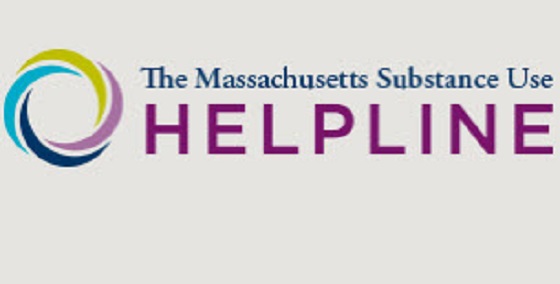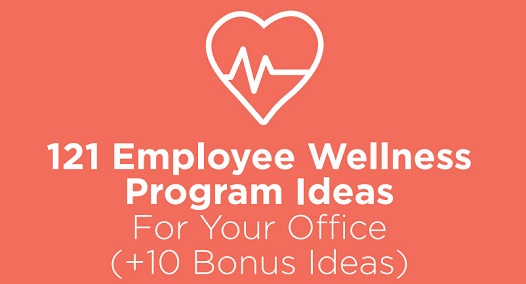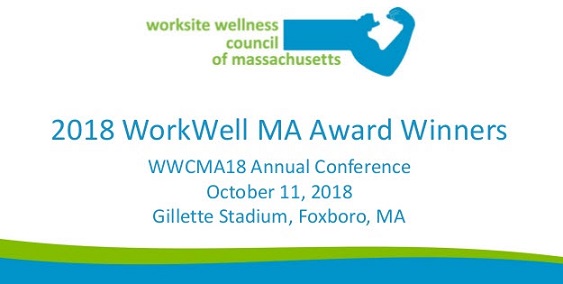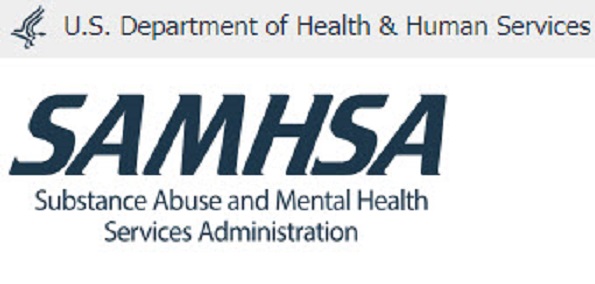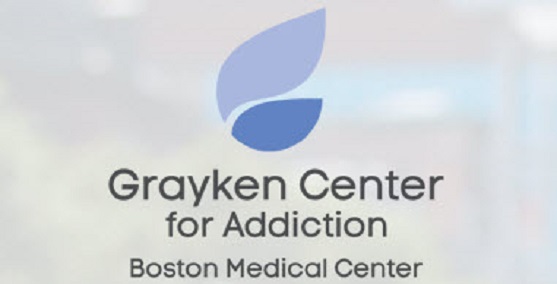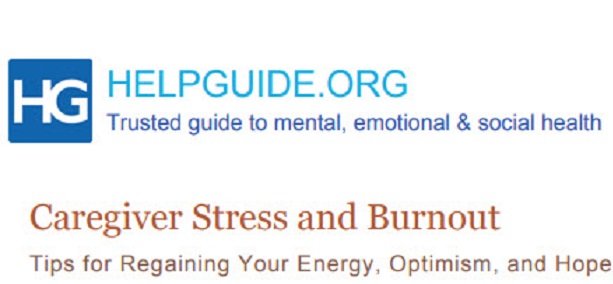Webinar Recording (Time: 30 minutes - Followed by Q & A) -Every care provider can be a "first responder" to help patients diagnosed with a serious illness start a palliative care conversation. Learn key questions to open meaningful discussions with patients & clients. Elizabeth J.Collins, MD, Palliative Care Medical Director, Lahey Hospital & Medical Center, provides a framework of the 5 stages of serious illness and how palliative care can be effective at each stage and all through a serious illness journey. View individually or with your staff colleagues.
Author: admin
Palliative Care Discussion Guide: 5 Things to Talk About with Your Care Providers
This is a Basic Discussion Guide to help you start a planning discussion to promote lifelong wellness and receive person-centered care. Start with one or more questions that make sense to you, and write down your own questions below to bring to your next appointment.
- I’d like to understand more about my health or illness and treatment options
- I want to discuss my goals and explore the care I want and do not want
- Let’s discuss my care plan and writing down my choices in planning documents
- I’d like to make sure you know my choices and that my medical record is up-to-date
- I’d like to make sure my care providers honor my choices all through my life
Palliative Care for Consumers – Fact Sheet
Palliative Care is specialized health care for individuals diagnosed with a serious illness to manage the pain, symptoms and stress of living with a serious illness. A Palliative Care clinician or a team of care providers, offer an “extra layer of support” in addition to your regular medical care. They can provide emotional and spiritual support for you and your family. Palliative care improves your quality of life and makes every day the best it can be.
Palliative Care for Consumers – What is Palliative Care – FACT SHEET
Massachusetts Substance Use Disorder – HELPLINE
The Helpline is the only statewide, public resource for finding substance use treatment and recovery services. Helpline services are free and confidential. Our caring, trained Specialists will help you understand the treatment system and your options.
121 Employee Wellness Program Ideas
Employee wellness programs have become a staple in many corporations as a way to attract top talent, keep them happy and productive, and decrease employee turnover. The key to having a successful corporate wellness program is by encouraging overall well-being while still keeping it fun (see #57 for a perfect example). If you can’t get your team engaged then your wellness program ideas will quickly lose steam. So make your initiatives fun, try new ideas and see what your team values the most. We’ve compiled a list of 121 employee wellness program ideas that you can easily implement at your place of work.
WWCMA- MA Hospitals Recipients of Five of the Six Gold Awards.
Worksite Wellness Council of Massachusetts (WWCMA) announced the winners of its annual WorkWell Massachusetts Awards program aimed to recognize Massachusetts employers for their exemplary work in worksite health promotion. Five of the six Gold Award recipients were MA hospitals. As well as of only two Innovator Awards, one was a MA hospital.
The Worksite Wellness Council of Massachusetts (WWCMA) is the preeminent, independent, and objective resource for health promotion in the workplace. A 501c3 not-for-profit member organization, WWCMA champions wellness programs that help employers encourage healthy employees, healthy families, and healthy communities across the Commonwealth.
Buprenorphine Treatment Practitioner Locator
Find physicians authorized to treat opioid dependency with buprenorphine by state.
MA Substance Use Disorder – HELPLINE
Search for treatment by service, town and search programs by gender, age health insurance or without health insurance.
Grayken Center for Addiction-Boston Medical Center
Both National & Local Resources Available
For nearly 25 years, BMC has been caring for patients with addiction, and recognizing that one size doesn’t fit all when it comes to treatment. A national model for care, BMC has developed tailored treatment programs that meet patients where they are, be it primary care, prenatal care, psychiatry, adolescents, the Emergency Department, or as an inpatient. These interdisciplinary programs not only help patients engage in effective treatment and recover, but also reduce hospital visits and therefore the cost of care.
Caregiver Burnout
The demands of caregiving can be overwhelming, especially if you feel that you’re in over your head or have little control over the situation. If the stress of caregiving is left unchecked, it can take a toll on your health, relationships, and state of mind—eventually leading to caregiver burnout. And when you’re burned out, it’s tough to do anything, let alone look after someone else. That’s why taking care of yourself isn’t a luxury, it’s a
necessity. There are plenty of things you can do to rein in the stress of caregiving and regain a sense of balance, joy, and hope in your life.




